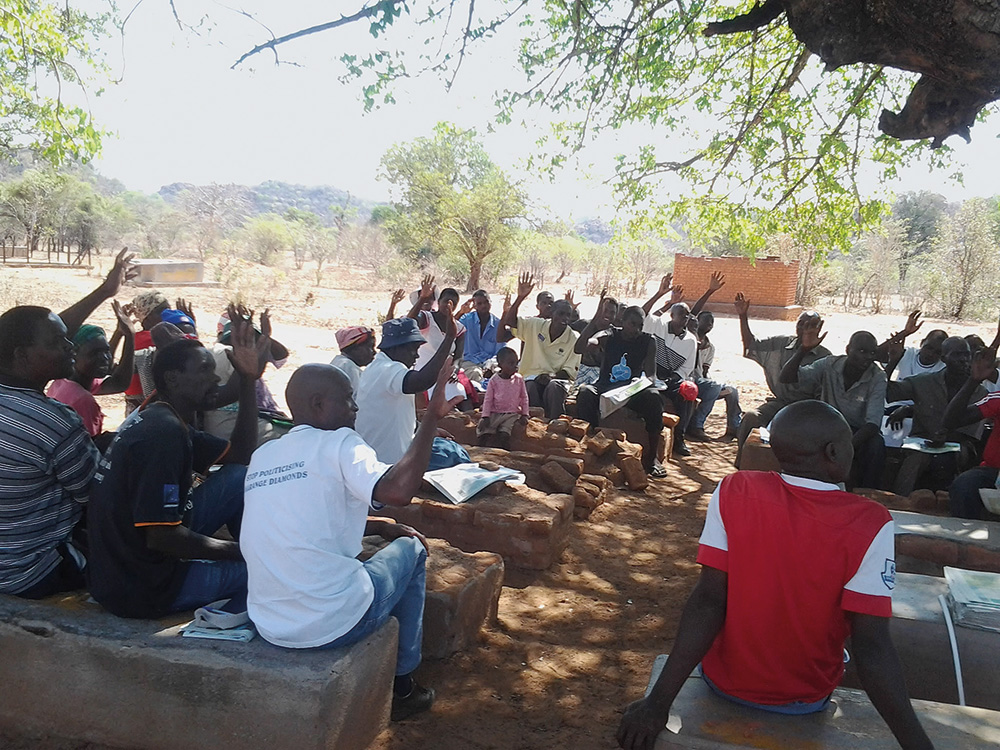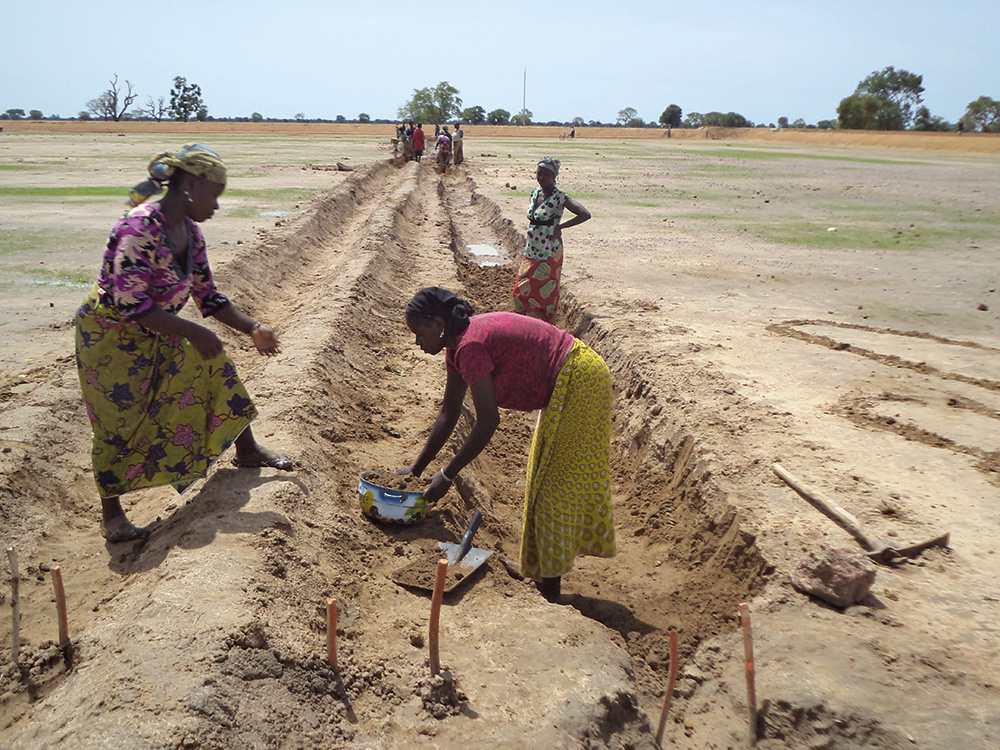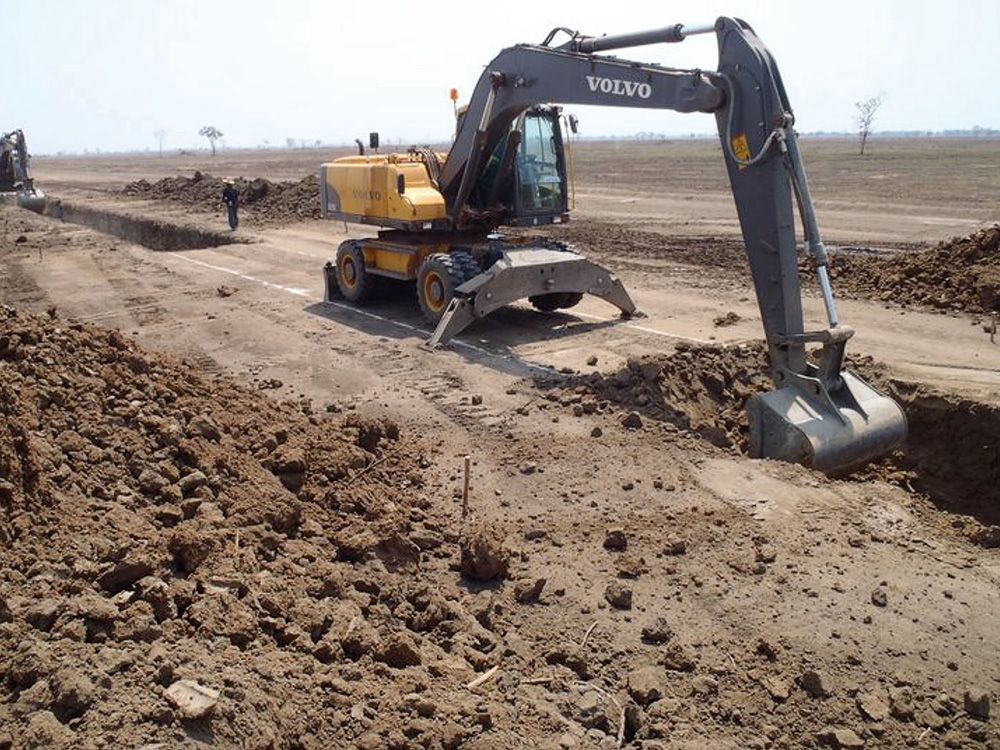DLG-Verlag was founded in 1952 as a subsidiary of DLG e.V. (Deutsche Landwirtschafts-Gesellschaft - German Agricultural Society) with its headquarter in Frankfurt/ Germany. The publishing company provides expertise for the agricultural and food sector.
With its subsidiaries Max-Eyth-Verlag and DLG-Agrofood Medien GmbH the DLG-Verlag offers books and magazines, as well as catalogs of the DLG's international DLG exhibitions.
Members:
Resources
Displaying 6 - 10 of 316Negotiating fair settlements
Marked power imbalances often result in communities losing out in use conflicts over their territories and resources. This applies in particular to extractive industries and infrastructure projects. Community protocols can help bring the negotiating parties together at eye level and create a balance of interests.
Strengthening family farms: a path to follow in combatting poverty in Africa
A project in Burkina Faso has given a clear demonstration of what supporting family farms can achieve in terms of poverty alleviation and rural development. One important success factor was the transfer of land to farmers, accompanied by a secure land-tenure policy adapted to their needs.
What about the land rights of communities and Indigenous Peoples?
Indigenous Peoples and local communities hold a large share of the world’s land area under customary systems. However, there is a tremendous gap between what is held by communities in practice and what is formally recognised by governments.
Net impacts of large-scale land acquisitions
The buying up of farmland by international investors is viewed highly critically. However, sweeping judgements could be inappropriate, as our author demonstrates with survey results from Ethiopia and Uganda.
Organic equals conventional
In a long-term project in Kenya, the Swiss-based Research Institute of Organic Agriculture has examined the potential of organic and conventional agriculture regarding soil fertility, the occurrence of pests and diseases, and profitability. Initial results make a strong case to implement policy measures necessary for supporting the adoption of organic management practices on a large scale.






